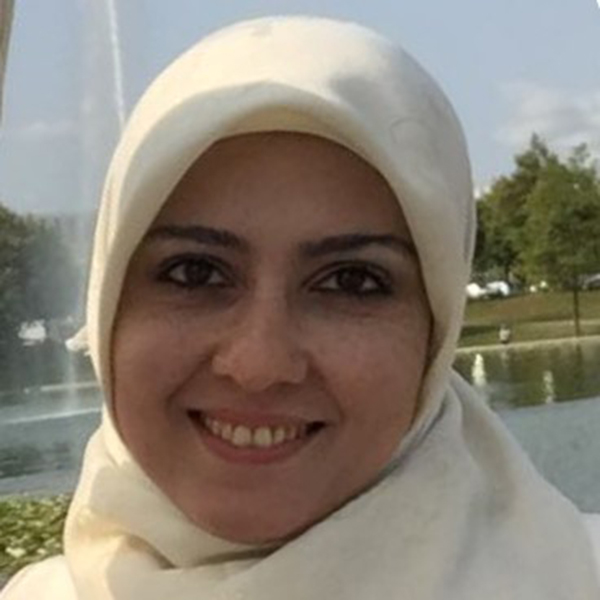When Challenges Become Perfect Motives

When I was 15 years old, my father brought me a surgical set containing a scalpel, scissors and hemostats. I knew then that I wanted to be a surgeon and that dream came into focus during my foundation year, a time when daily blasts and bombings dominated my country. I qualified to be an instructor at my college because I ranked first in my graduating class, however, the board prevented me from taking a position in the surgical department. Instead, I was offered a position in the department of medicine. Gender segregation played a key role in this policy.
When I joined the department of medicine, I first met my professor, Hasan Ali Farhan, who later became my mentor. I found myself facing my biggest challenge yet, interventional cardiology! There are very few women interventional cardiologists in Iraq and given the cultural customs, the country needs more of them. So, I finished my fellowship in internal medicine, invested in my passion for surgery and redirected my career by starting a fellowship in interventional cardiology. Despite all the opposing voices and opinions from friends about the radiation risk, heavy workload and lack of women in the field, I started training in the specialty and I ranked first when I graduated in 2019.
Again, I faced more administrative barriers that prevented me from being affiliated with a high-volume academic cardiac center. It was a painful journey through 2020, but I never gave up. Despite feeling halted in progress initially because of the COVID-19 pandemic and the unstable security conflicts in the country after the Iraqi revolution, I took the risk and started traveling for six hours on weekends to Al-Nasiriyah Heart Centre to upgrade my skills. Despite these obstacles, I continued to work tirelessly through 2020 polishing research ideas, writing papers, and submitting abstracts. It became my routine that whenever I faced an obstacle, I polished a research idea, wrote a paper, or submitted an abstract and I kept working tirelessly through 2020. During this journey I knew that the keys for success are a supportive family and persistence. Finally, in December 2020, I got the acceptance to be affiliated to the academic cardiac center I was aiming to join.

I had never used social media before, but Twitter has become a vital part of my networking and professional development. I think Twitter proves that science has no boundaries and promotes diversity in research collaboration. On social media, I have met many WIC and my appreciation for female role models in cardiology has grown. This has motivated me to support and mentor other female undergraduate students, residents or fellows in internal medicine; guide them through their research and professional career; invest in their passion for cardiology; and encourage them to start their career in this field.
Organizations like ACC, ESC, Global WIC, Pink IYAC and Women As One have changed my perspective on being a woman in this field. Being a WIC is a power, not a barrier. On a professional level, my dream is to see WIC leading the complex coronary interventional programs worldwide. On an academic level, I wish to see WIC globally collaborating to bridge the gaps in knowledge in cardiovascular disease in women by focusing on sex-specific methodology in research.
During the challenges of my 2020 journey, a friend once told me, "They are throwing rocks on you and they will keep doing so, grasp these rocks, put them one above the other to build stairs, then climb them … climb them quickly, shoot the stars and never look back!". I've learned a lot from the stories of WIC and I feel that it is now the time to share mine hoping that this story can one day help a woman to climb the stairs!

